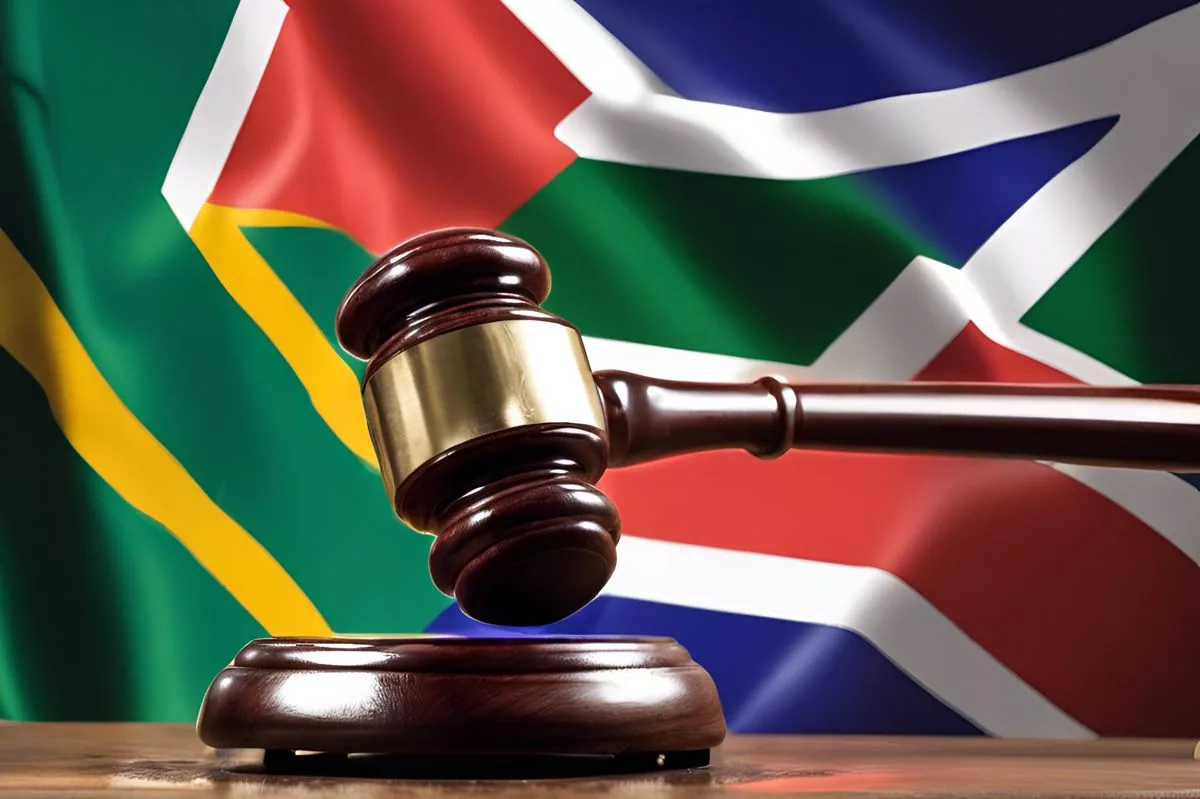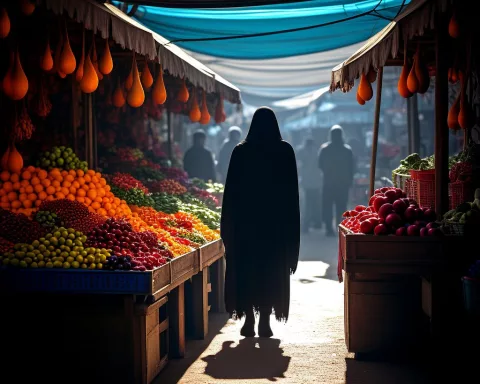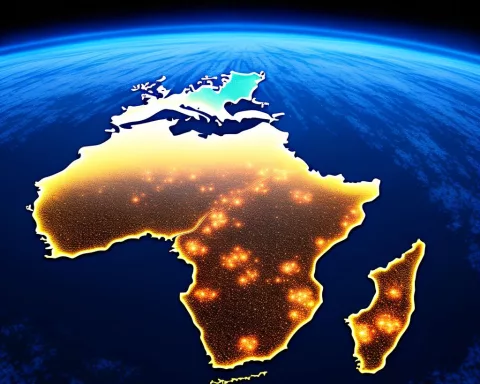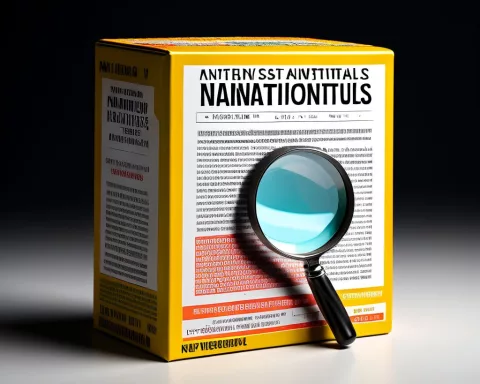The most comprehensive human trafficking case in the history of Western Cape saw two Cameroon cousins facing over 40 charges, including rape and abduction. They were accused of running an illegal brothel in Milnerton, luring women from Springbok and East London with deceptive promises. The trial resulted in exoneration of Yannick on 27 charges and Edward on four rape charges. The case continues with intricate defenses, counterarguments, and uncertainties, holding the Western Cape in suspense.
What was the most comprehensive human trafficking case in the history of Western Cape?
The most comprehensive human trafficking case in the history of Western Cape involved two cousins from Cameroon, Edward and Yannick Ayuk, who faced over 40 charges including rape and abduction. They were accused of running an illegal brothel in Milnerton and luring innocent women from Springbok and East London with deceptive pledges. The trial resulted in Yannick’s exoneration on 27 charges and Edward’s exoneration on four rape charges.
As the sun rose in November 2011, an unparalleled criminal trial was launched, destined to become the most comprehensive human trafficking case in the history of Western Cape. At the epicenter of this legal tempest were two cousins from Cameroon, Edward and Yannick Ayuk, soon to face a barrage of over 40 charges. This laundry list of crimes ranged from the profoundly disturbing acts of rape and abduction to allegations of overseeing an illegal brothel in Milnerton’s suburban tranquility.
Tangled Webs of Deception
The prosecution depicted the Ayuks not merely as criminals but as cunning puppeteers who, along with Edward’s spouse Leandre Williams, lured innocent women from Springbok and East London with deceptive pledges. These women were then thrust into the grim reality of street solicitation in Cape Town. A number of these women were whisked away from their hometowns to the High Court, their testimonies serving as a significant portion of the strenuous trial.
The defense, personified by lawyer Bash Sibda, waged a fierce battle for Yannick’s exoneration, leading to his release on 27 charges. Their argument hinged on the contention that the prosecution had stumbled in substantiating their case beyond a shadow of a doubt. As a result, the court, under the wise oversight of Judge Alma de Wet, found it necessary not only to dismiss Yannick’s 27 charges but also to absolve Edward of four rape charges.
Unraveling Defenses and Unconventional Accusations
In a surprising turn of events worthy of a detective novel, the cousins set up a defense that accused a ‘corrupt cop‘, purportedly working part-time as a pimp, and his co-conspiring officers. They alleged these officers were the actual orchestrators of their downfall. However, this narrative was swiftly dismissed by the prosecution.
As the trial reached its climax on a Friday, both defense and prosecution unveiled their case in their final statements. Sibda vehemently insisted that the prosecution had disastrously failed in proving the human trafficking charges, even boldly suggesting that none of the victims had been detained or trafficked. He further accused the prosecution of not adhering to the procedures stipulated under the Human Trafficking Act.
Counter Arguments and The Awaited Verdict
State Prosecutor Maria Marshall fervently rebutted these accusations, arguing that the legislation’s purpose was to characterize human trafficking, not to conform to a public image sculpted by film and media. She added that the State was not obligated to provide a certificate under the Act, but rather a ‘letter of reference’. This, she explicated, was indispensable when the State was given the responsibility to make prosecutorial decisions concerning a victim of human trafficking who had committed a crime.
Currently, the case hangs in uncertainty with the hearing postponed until February 14. On this day, the judge will announce when her decision, a verdict bearing the burden of numerous lives and stories, will be made public. This case, with its intricate web of charges, defenses, and counterarguments, continues to hold the Western Cape in suspense, as it awaits the final word on this landmark human trafficking trial.
What were the Ayuks accused of in the human trafficking case?
The Ayuk cousins were accused of over 40 charges, including rape and abduction, as well as running an illegal brothel in Milnerton and luring women from Springbok and East London with deceptive promises.
What was the result of the trial for Yannick and Edward Ayuk?
Yannick Ayuk was exonerated on 27 charges, and Edward Ayuk was exonerated on four rape charges.
What was the defense’s argument in the trial?
The defense argued that the prosecution had not proved their case beyond a shadow of a doubt and accused a corrupt cop and his co-conspiring officers of orchestrating their downfall, though this narrative was dismissed by the prosecution.
What was the prosecution’s argument in the trial?
The prosecution argued that the State was not obligated to provide a certificate under the Human Trafficking Act but rather a letter of reference, and that the legislation’s purpose was to characterize human trafficking, not to conform to a public image sculpted by film and media.
When will the verdict of the case be announced?
The verdict of the case has yet to be announced, and the hearing has been postponed until February 14.
What was the impact of the human trafficking case on the Western Cape?
The human trafficking case continues to hold the Western Cape in suspense as it awaits the final word on this landmark trial, which carries the burden of numerous lives and stories.













